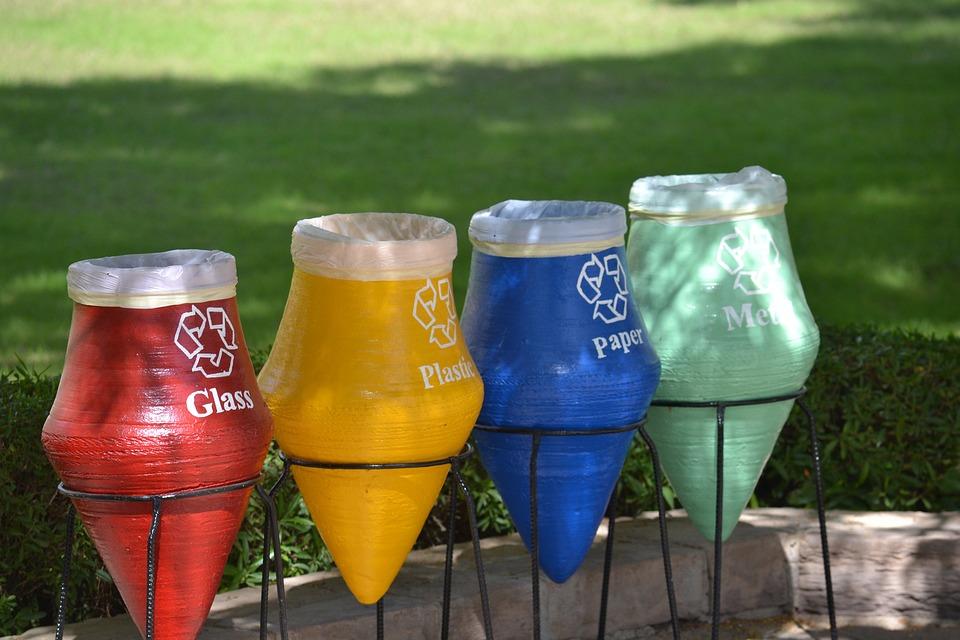
So you've installed a beautiful new solar energy system around your house or property. You're saving tons on your electric bill and never have to worry about blackouts, power surges, or planned outages—you control your power source now. Here's the problem: What do you do when you need to dispose of everything?
Eventually, you will need to replace the solar panels and the solar battery, which powers the whole system. Disposing of solar batteries isn't exactly simple, and it needs to be handled with the utmost care. But it is easy to navigate if you know the proper steps to take—and what to avoid. Here's our complete guide.
Disposing of the Battery
If you've recently purchased a solar energy system or portable solar generator, you know the current solar battery price . It's not low, but it has improved in recent years as technology evolves. Lithium batteries are rechargeable, but they don't last forever.
Once your lithium battery dies or needs to be replaced, you should first call your local waste management authority. They will be able to direct you to the proper place to dispose of your solar battery safely.
Inquire About Recycling Alternatives
The lithium batteries often used for solar generators contain tons of materials that would adversely impact the environment if they were left to decompose in landfills. The National Library of Medicine warns about metals such as copper, nickel, and lead. Other concerning components include toxic and flammable organic chemicals that contain compounds like LiClO4, LiBF4, and LiPF6.
For this reason, you should ask the waste management authority about recycling options. Those chemicals must be disposed of properly, and many metals can be used elsewhere in other construction and manufacturing projects.
What Can Be Recycled?
Metals currently comprise about 13% of all that is thrown into the recycling . Still, if people took the time to learn how to recycle complicated objects such as lithium batteries, that number could rise even higher. Plenty of the materials used to make lithium batteries for solar generators can be recycled. Those that can be reused include:
Glass, which is the primary material used in the manufacturing of photovoltaic panels and can be found inside lithium batteries
Aluminum, which is 100% recyclable
Copper, nickel, and lead are all largely recyclable, and copper can be 100% recycled and reused.
Knowing what you can recycle is the first step to figuring out how to recycle it properly.
The Cost of Not Recycling
As landfills rise, the cost to our environment grows. When items like lithium batteries containing dangerous compounds are thrown into landfills, they can decompose, and those compounds can render everything they touch toxic.
The dangers of landfills include destroying natural animal habitats, producing toxic methane gas, contaminating water supplies, the production of ammonia, and more. Make sure to dispose of your battery safely.
Making the Smart Choice
You can make money from recycling your lithium battery, and you'll be helping save the environment in the process. There's no reason not to follow these steps.



